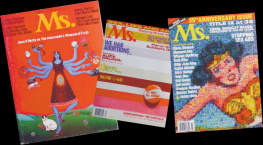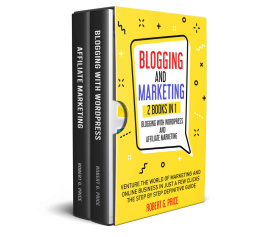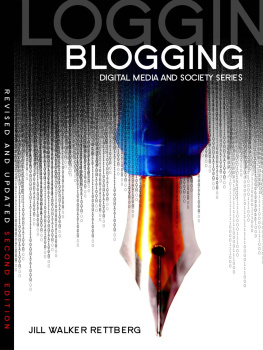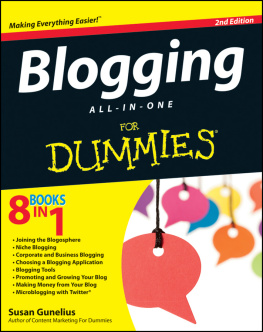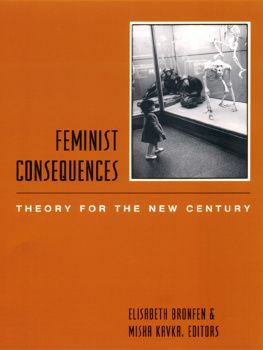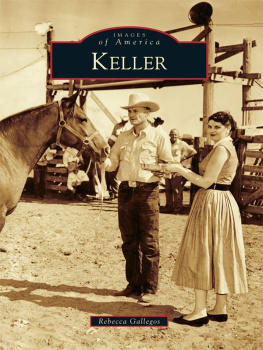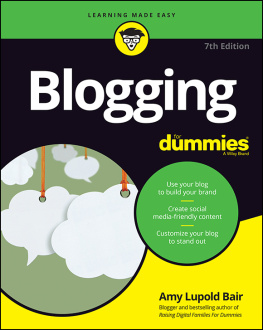Girls Feminist Blogging in a Postfeminist Age
Girls Feminist Blogging in a Postfeminist Age explores the practices of U.S.-based teenage girls who actively maintain feminist blogs and participate in the feminist blogosphere as readers, writers, and commenters on platforms including Blogspot, Facebook, Twitter, and Tumblr. Drawing on interviews with bloggers between the ages of fifteen and twenty-one, as well as discursive textual analyses of feminist blogs and social networking postings authored by teenage girls, Keller addresses how these girls use blogging as a practice to articulate contemporary feminisms and craft their own identities as feminists and activists. In this sense, feminist girl bloggers defy hegemonic postfeminist and neoliberal girlhood subjectivities, a finding that Keller uses to complicate both academic and popular assertions that suggest teenage girls are uninterested in feminism. Instead, Keller maintains that these young bloggers employ digital media production to educate their peers about feminism, connect with like-minded activists, write feminist history, and make feminism visible within popular culture, practices that build upon and continue a lengthy tradition of American feminism into the twenty-first century. Girls Feminist Blogging in a Postfeminist Age challenges readers to not only reconsider teenage girls online practices as politically and culturally significant, but to better understand their crucial role in a thriving contemporary feminism.
Jessalynn Keller is a Lecturer in Media Studies at the University of East Anglia, UK. Her research on girls digital media cultures has been published in Continuum: Journal of Media and Cultural Studies; Feminist Media Studies; Information, Communication & Society; and Celebrity Studies, as well as in several edited anthologies.
Routledge Studies in New Media and Cyberculture
1 Cyberpop
Digital Lifestyles and Commodity Culture
Sidney Eve Matrix
2 The Internet in China
Cyberspace and Civil Society
Zixue Tai
3 Racing Cyberculture
Minoritarian Art and Cultural Politics on the Internet
Christopher L. McGahan
4 Decoding Liberation
The Promise of Free and Open Source Software
Samir Chopra and Scott D. Dexter
5 Gaming Cultures and Place in Asia-Pacific
Edited by Larissa Hjorth and Dean Chan
6 Virtual English
Queer Internets and Digital Creolization
Jillana B. Enteen
7 Disability and New Media
Katie Ellis and Mike Kent
8 Creating Second Lives
Community, Identity and Spatiality as Constructions of the Virtual
Edited by Astrid Ensslin and Eben Muse
9 Mobile Technology and Place
Edited by Gerard Goggin and Rowan Wilken
10 Wordplay and the Discourse of Video Games
Analyzing Words, Design, and Play
Christopher A. Paul
11 Latin American Identity in Online Cultural Production
Claire Taylor and Thea Pitman
12 Mobile Media Practices, Presence and Politics
The Challenge of Being Seamlessly Mobile
Edited by Kathleen M. Cumiskey and Larissa Hjorth
13 The Public Space of Social Media
Connected Cultures of the Network Society
Thrse F. Tierney
14 Researching Virtual Worlds
Methodologies for Studying Emergent Practices
Edited by Ursula Plesner and Louise Phillips
15 Digital Gaming Re-imagines the Middle Ages
Edited by Daniel T. Kline
16 Social Media, Social Genres
Making Sense of the Ordinary
Stine Lomborg
17 The Culture of Digital Fighting Games
Performances and Practice
Todd Harper
18 Cyberactivism on the Participatory Web
Edited by Martha McCaughey
19 Policy and Marketing Strategies for Digital Media
Edited by Yu-li Liu and Robert G. Picard
20 Place and Politics in Latin American Digital Culture
Location and Latin American Net Art
Claire Taylor
21 Online Games, Social Narratives
Esther MacCallum-Stewart
22 Locative Media
Edited by Rowan Wilken and Gerard Goggin
23 Online Evaluation of Creativity and the Arts
Edited by Hiesun Cecilia Suhr
24 Theories of the Mobile Internet
Materialities and Imaginaries
Edited by Andrew Herman, Jan Hadlaw and Thom Swiss
25 The Ubiquitous Internet
User and Industry Perspectives
Edited by Anja Bechmann and Stine Lomborg
26 The Promiscuity of Network Culture
Queer Theory and Digital Media
Robert Payne
27 Global Media, Biopolitics, and Affect
Politicizing Bodily Vulnerability
Britta Timm Knudsen and Carsten Stage
28 Digital Audiobooks
New Media, Users, and Experiences
Iben Have and Birgitte Stougaard Pedersen
29 Locating Emerging Media
Edited by Germaine R. Halegoua and Ben Aslinger
30 Girls Feminist Blogging in a Postfeminist Age
Jessalynn Keller
First published 2016
by Routledge
711 Third Avenue, New York, NY 10017
and by Routledge
2 Park Square, Milton Park, Abingdon, Oxon OX14 4RN
Routledge is an imprint of the Taylor & Francis Group, an informa business
2016 Taylor & Francis
The right of Jessalynn Keller to be identified as author of this work has been asserted by her in accordance with sections 77 and 78 of the Copyright, Designs and Patents Act 1988.
All rights reserved. No part of this book may be reprinted or reproduced or utilised in any form or by any electronic, mechanical, or other means, now known or hereafter invented, including photocopying and recording, or in any information storage or retrieval system, without permission in writing from the publishers.
Trademark notice: Product or corporate names may be trademarks or registered trademarks, and are used only for identification and explanation without intent to infringe.
Library of Congress Cataloging in Publication Data
Keller, Jessalynn, 1982- author.
Girls feminist blogging in a postfeminist age / by Jessalynn Keller.
pages cm. (Routledge studies in new media and cyberculture; 30)
Includes bibliographical references and index.
1. FeminismBlogs. 2. GirlsBlogs. 3. Online identities. 4. Internet and women. I. Title.
HQ1178.K45 2015
004.67'8082dc23 2015019537
ISBN: 978-1-138-80014-4 (hbk)
ISBN: 978-1-315-75563-2 (ebk)
Typeset in Sabon
by codeMantra
To my mom, Mary, the most important feminist in my life
This book would have been impossible to write without the passion and commitment of the feminist girl bloggers who shared their stories, insights, and writing with me for several years while I conducted this research. Their comments no doubt enriched the scope of this project and encouraged me to ask unexpected questions, think expansively, and perhaps most importantly, to have fun while doing it. It is the incredible voices of these girls that really make this book special, and for that I owe them my deepest thanks. These girls are already changing the world.


